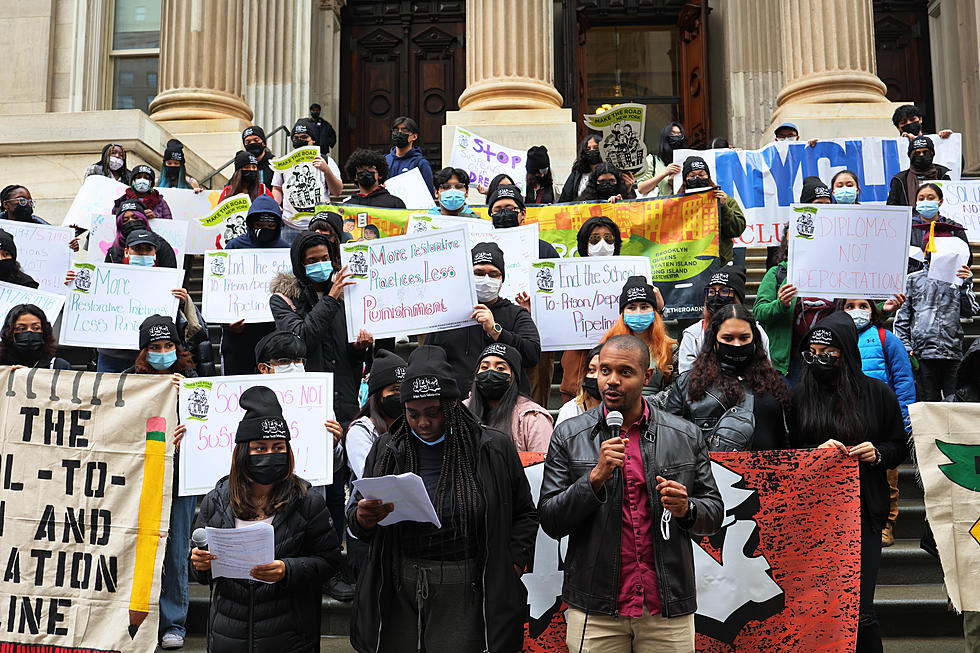New York City Takes Significant Steps Towards Reparations for Descendants of Enslaved People
In a historic move, New York City has recently approved legislation to study the impacts of slavery and explore potential reparations for the descendants of enslaved individuals. This decision aligns with a growing trend among various cities and states across the United States to address the lingering effects of slavery and systemic racism.
Legislative Developments
On September 12, 2024, the New York City Council passed a bill aimed at establishing a task force to investigate the historical injustices of slavery and recommend reparations. The bill received overwhelming support, passing with a vote of 41 to 8. This initiative is part of a broader movement that has seen cities like Evanston, Illinois, and Tulsa, Oklahoma, take similar steps to address their historical roles in slavery and racial discrimination.
Key Features of the Bill
The newly passed legislation will focus on several critical areas:
- Historical Analysis: The task force will conduct a thorough examination of New York City's role in the slave trade and the ongoing impacts of slavery on the Black community.
- Community Engagement: The task force is expected to engage with community members, historians, and experts to gather insights and recommendations.
- Recommendations for Reparations: The ultimate goal is to propose actionable steps for reparations, which may include financial compensation, educational programs, and other forms of restitution.
Council members Crystal Hudson and Farah Louis were instrumental in sponsoring the bill, emphasizing the moral imperative to address the injustices of the past. Hudson stated, "This is a matter of morality and justice, equality and equity."

Context and Background
The movement for reparations has gained momentum in recent years, particularly following the Black Lives Matter protests and a renewed focus on racial justice. The conversation around reparations has been fueled by a growing recognition of the systemic inequalities that persist in American society, which can be traced back to the era of slavery.
In 2021, Evanston, Illinois, became the first city in the U.S. to offer reparations to Black residents, distributing payments of $25,000 to eligible individuals. This landmark decision set a precedent that has inspired other cities, including New York, to consider similar measures.
National Trends
New York City is not alone in its efforts. Other states and cities are also exploring reparations:
- California established a reparations task force in 2020, becoming the first state to do so.
- Tulsa, Oklahoma, announced a commission to study reparations in light of the 1921 Tulsa Race Massacre, where a thriving Black community was destroyed.
These initiatives reflect a growing acknowledgment of the historical injustices faced by Black Americans and the need for reparative justice.
Public Response and Future Implications
The approval of the reparations bill has sparked a mix of enthusiasm and skepticism among various stakeholders. Advocates for racial justice view this as a significant step towards acknowledging and addressing the historical wrongs of slavery. However, some critics argue that the focus on reparations could deepen societal divisions.
As the task force begins its work, it will be crucial to maintain an open dialogue with the community and ensure that the recommendations are both practical and impactful. The outcomes of this initiative could set a precedent for other cities and states considering similar measures.

Next Steps
The task force is expected to begin its work in the coming months, with a timeline for reporting its findings and recommendations. The city will likely face challenges in determining the most effective forms of reparations, as well as addressing the concerns of those who oppose such measures.
In conclusion, New York City's decision to study reparations for the descendants of enslaved people marks a pivotal moment in the ongoing struggle for racial justice. As the nation grapples with its history and the implications of systemic racism, the outcomes of this initiative could have far-reaching effects on the future of reparations in the United States.
For more detailed information, you can read the full articles from the following sources:





